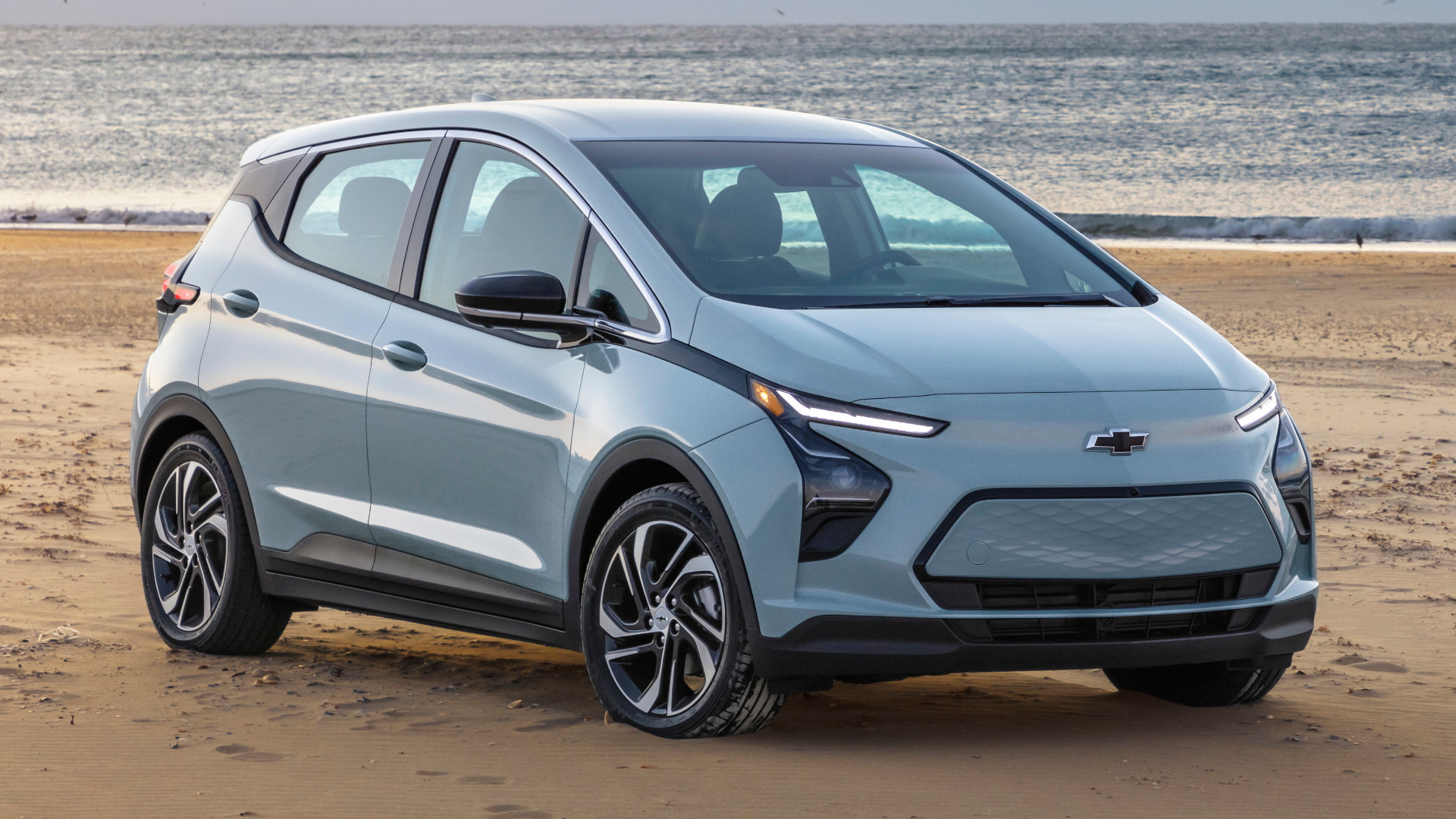

The Chevrolet Bolt has caused GM no end of trouble, with 140,000 cars recalled over battery fires right up to the 2022 model year. There is light at the end of the tunnel, however. After all the headaches, recalls, and stoppages, Chevrolet plan to restart production of the Bolt beginning on November 1, reports the Detroit Free Press.
Chevrolet has confirmed that the Orion Assembly plant will begin producing Bolts again, with 1,000 workers returning to the site from Monday. Some of the production will be enlisted as courtesy cars for dealers and customers affected by the battery issues. “This is a limited production run for specific allocation,” said GM spokesperson Dan Flores, noting the vehicles built would “…support other customer and dealer needs related to the recall.” GM will reassess production after two weeks and decide whether to continue on or pause again, according to Flores.

Bolt production was halted at Orion Assembly on August 23 to give GM and battery manufacturer LG time to find a solution for the battery fire problem. The issue affected Chevrolet Bolts manufactured from the 2017 to 2022 model years, with the company confirming 13 fires have occurred since last year.Repairs for recalled cars began earlier this month, with the vehicles getting new battery modules to solve the issue. According to the Detroit Free Press, Flores stated the new cars will have defect-free batteries. With the recall, GM has stuck to its initial plans. Recalled cars are being refitted with batteries produced by LG Chem, rather than GM converting over to its own proprietary Ultium batteries which will feature in the GMC Hummer and Cadillac Lyriq, among other vehicles.
LG has also agreed to reimburse GM $1.9 billion dollars to cover the cost of the recall effort, due to the defective battery modules supplied for the Bolt EV. GM noted the positive impact this had on its bottom line in its financial results for the third quarter.
With the cost of the recall largely covered, and the company confident it now has safe batteries to put in the Bolt, GM will be eager to leave this issue in the past. If all goes well in the next few weeks, expect to see Bolt production begin to tick up. With cars still short on dealer lots, GM could soon begin recouping costs by shifting some units of its mass-market EV.
Got a tip? Let us know: tips@thedrive.com